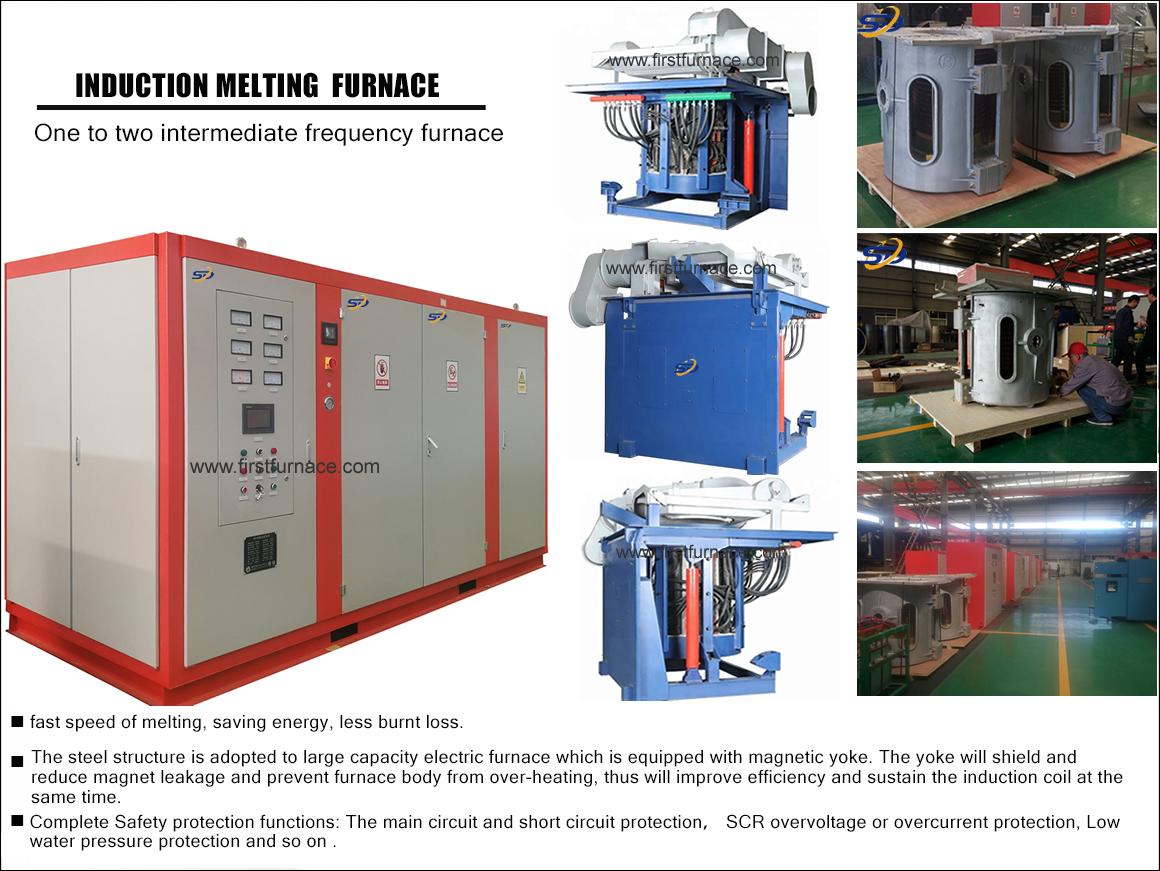Sales hot line ( 24 hours service):+86 13015583380
E-Mail: firstfurnace@gmail.com
whatsapp:+86 13015583380
Adress: Luoxin Industrial Park, Luoyang, HenanLarge diameter steel pipe quen
Piston rod quenching and tempe
Grinding rod quenching and tem
High frequency induction heate
Quenching equipment for machin
Round steel end heating furnac
Steel pipe heat treatment prod
Square steel quenching and tem
Sucker rod quenching and tempe
Thickened petroleum steel pipe
Round steel quenching and temp
Steel pipe quenching and tempe
Steel plate quenching and temp
Induction Hardening Machine&nb
Flywheel ring gear high freque
induction melting furnace operation precautions and troubleshooting methods
First, check before operation
1. Before starting the machine, the water supply should be sent first, check whether there is water leakage in the cabinet and the furnace body, check whether the waterway is smooth, and whether the water pressure reaches the set value (the water pressure can not be turned on when the water pressure reaches the set value, the control panel The water shortage indicator will light).
2. Check whether the circulating water pump, fan and spray are running normally. If the water level of the pool is too low, if it is too low or the water temperature is high, it should be replenished in time. The water level should be kept at the highest level for a long time. When the water temperature is high, the water temperature alarm will issue an alarm and cannot be turned on. ).
3. Check if the two fans of the transformer are in running state.
Second, the precautions in operation
1. When the cold furnace is turned on, the DC current should be turned on to no more than 800A, and the power should be increased after the iron in the furnace turns red.
2. Before the feeding, first add the material with high density such as ore iron. When the heavy material is full, start again. The incoming current should be no higher than 1200A, the DC current is not higher than 1500A, and the intermediate frequency voltage is not higher than 900V. After the heavy material sinks or after adding multiple materials in the startup, it should be observed whether the incoming current exceeds 1200A.
3. If there is fire, water leakage, smoke or abnormal noise in the furnace and cabinet during operation, stop the power supply and cut off the power supply. After the fault is solved, the power should be tested first, and the power should be stabilized in stages. During the heating process, the fault point should be carefully observed, and the power should not be blindly increased.
Third, the fault analysis and solution during operation
1. If there is a sudden stop during operation, the indicators on the circuit board should be observed first, and the reasons for the shutdown should be analyzed. Generally, it is divided into two categories.
The first type of electrical fault shutdown: over-voltage and over-current indicator light (lights when the circuit in the cabinet is faulty); the low-voltage indicator light is on (sometimes it will be lit up with water shortage, and the power supply input voltage may be too low when it is alone, it should be checked Whether the control board terminal AC18V is too low, if it is normal, it may be a circuit board failure); the lack of phase indicator light is on (the gate will trip when the control circuit is energized, or the power grid will be out of phase).
The second type is waterway fault: the water shortage indicator on the circuit board is on and the water temperature alarm is not alarming. Check whether the water pressure in the cabinet is normal, whether the water pump trips, whether the water volume is reduced, increase the water volume, observe whether the water shortage indicator light is off, check the water. Whether the pressure gauge is damaged; the water temperature alarm and the water shortage indicator light at the same time, indicating the water temperature alarm, observe which circuit alarm of the water temperature meter, which circuit alarm, the light will be lit, the alarm is generally high water temperature and the temperature probe is broken. Or fault (the temperature measurement below has a detailed description).
2. If electrical faults are encountered, first check whether the thyristor is damaged, and turn the multimeter to the on-off gear. Measure the thyristors at both ends, and the path is damaged. After the damage is found, it should be disassembled and further measured and confirmed.
3. Observe whether the six indicators on the bottom of the control panel and the eight indicators on the four inverter pulse boards are lit, and the brightness of each indicator is the same. If it is too bright, it may open the GK line of the lower line, too dark or not bright. Then disconnect the GK cable from other loops, or if it is not lit, it is a fault in the board.
4. When the water temperature alarms, it should check which waterway alarms, each alarm meter has 16 measuring points. When the water temperature is high, the red indicator light will be lit (below 0 degrees is green light, no alarm), Check if the corresponding number of water is too small. If it is too small, first use the trachea to inhale and observe whether the water volume is normal. If it is too small, flush it with oxalic acid or hydrochloric acid.
If the temperature measuring instrument or probe fails, you can temporarily unplug the temperature control micro-relay in the cabinet (beside the air-opening control loop) and then turn it on when the water path is normal.
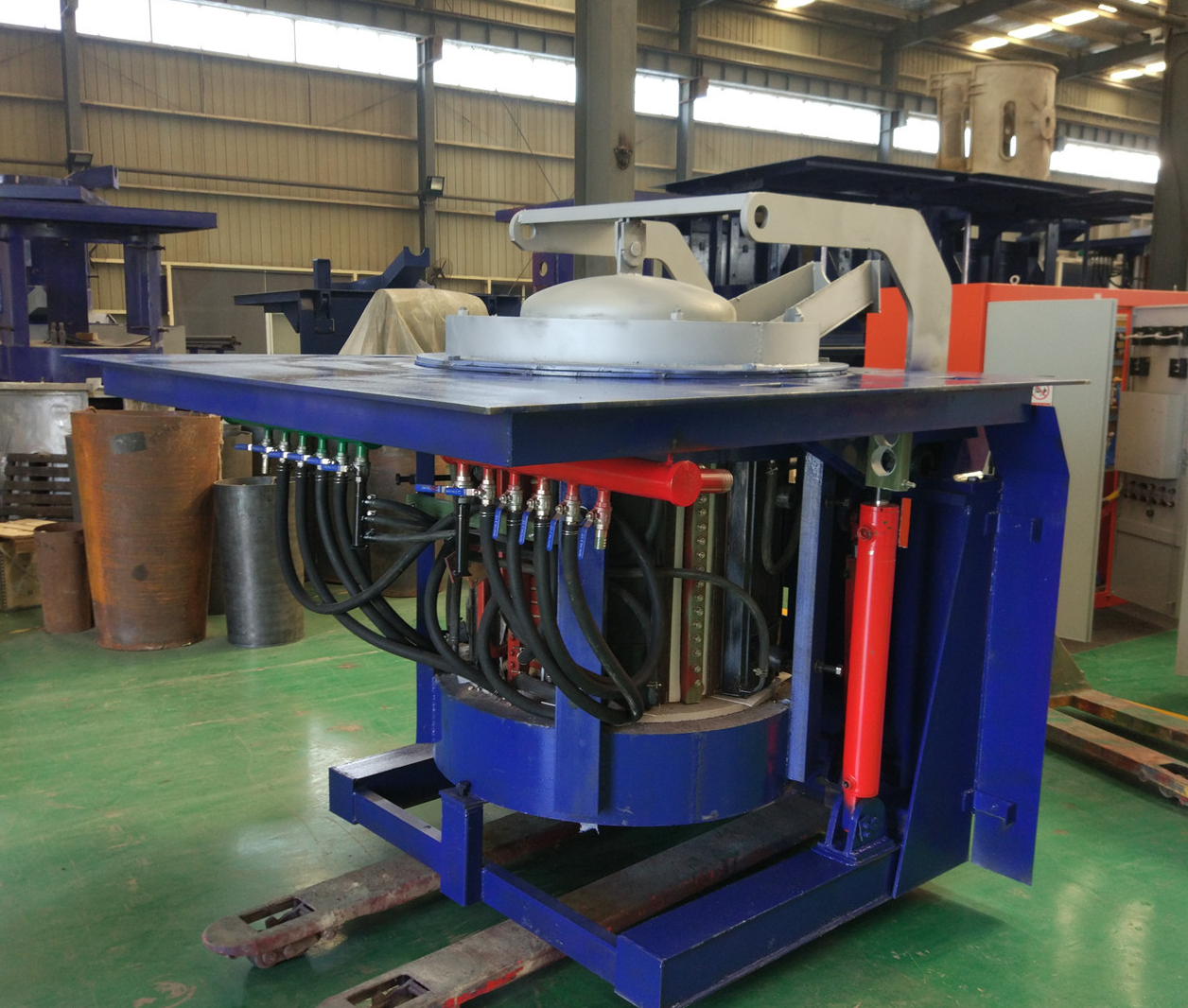
Iron induction furnace
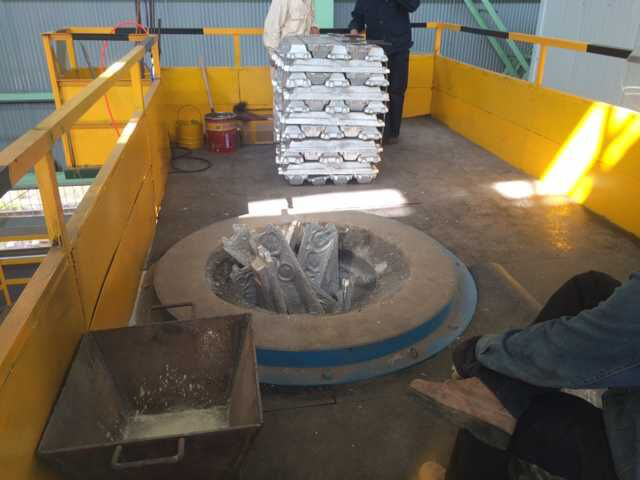
Aluminum melting furnace
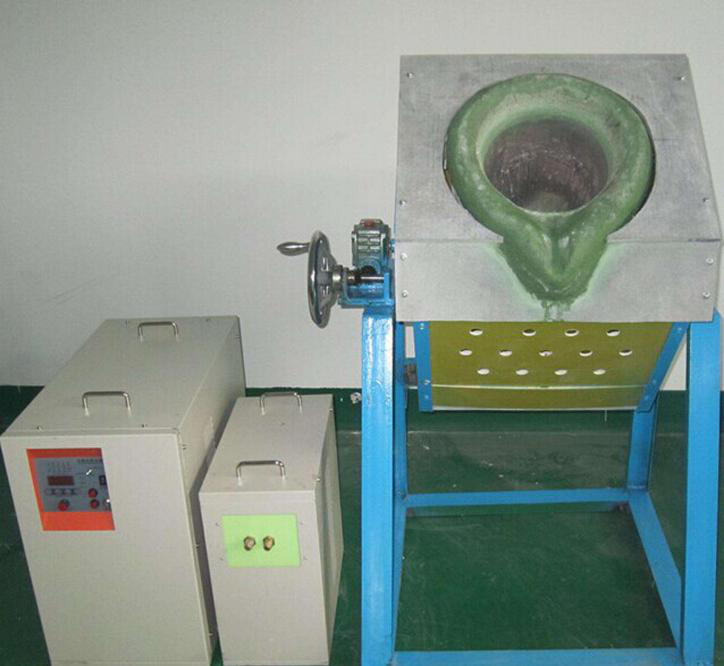
Copper melting furnace
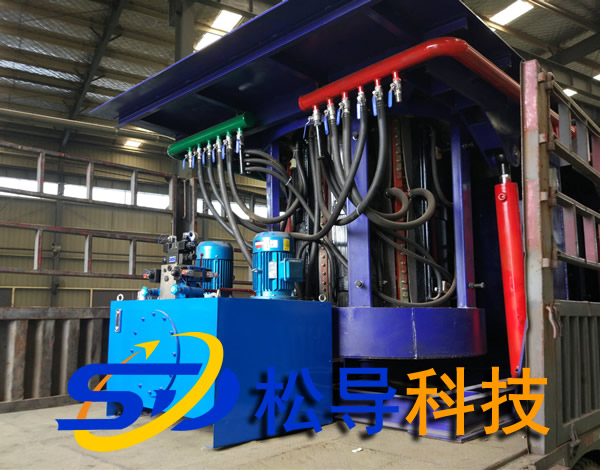
Small steel melting furnace
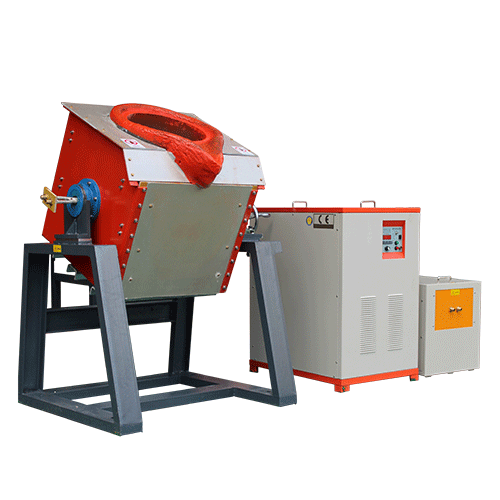
Small induction melting furnace
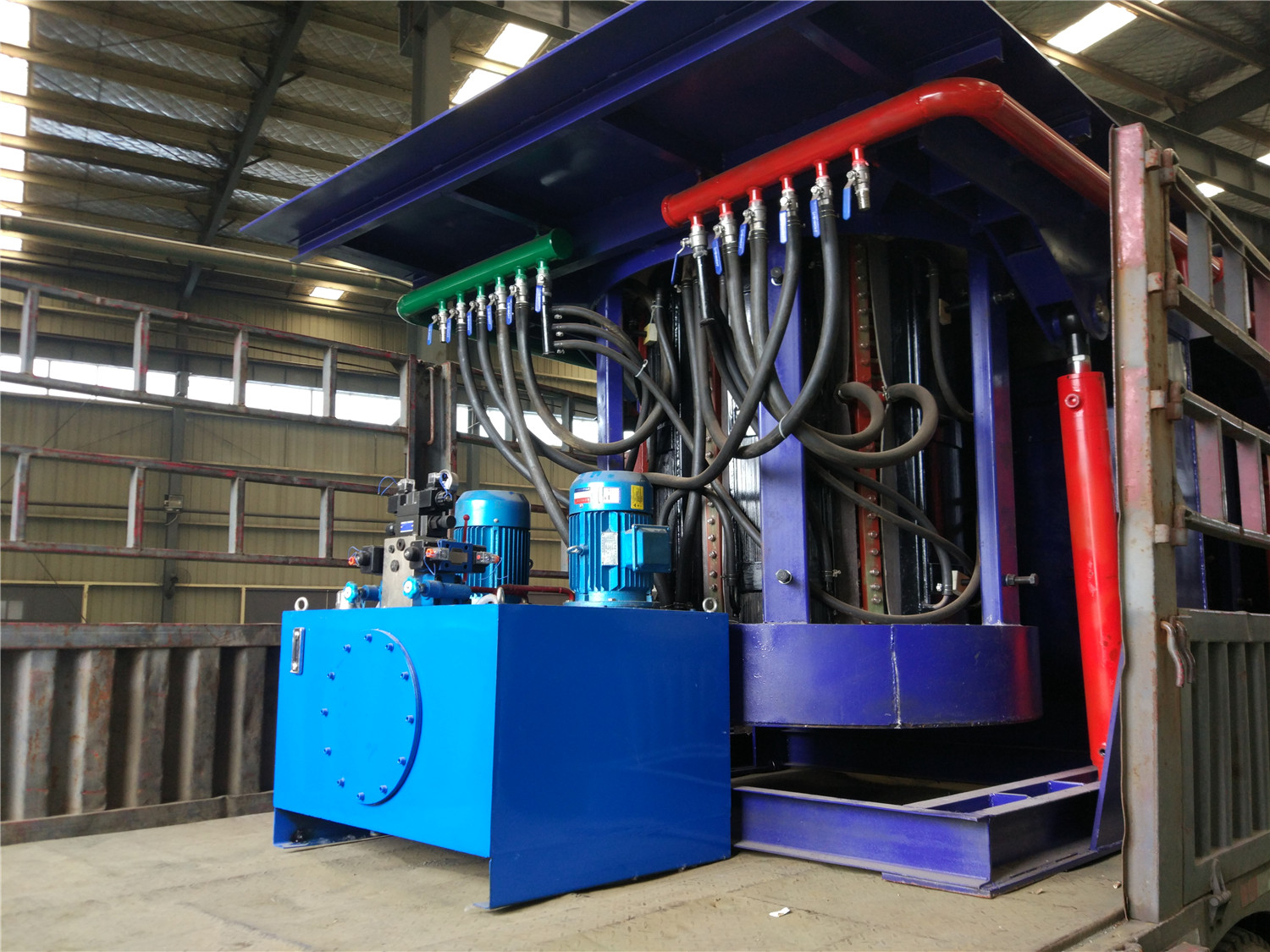
Induction iron furnace
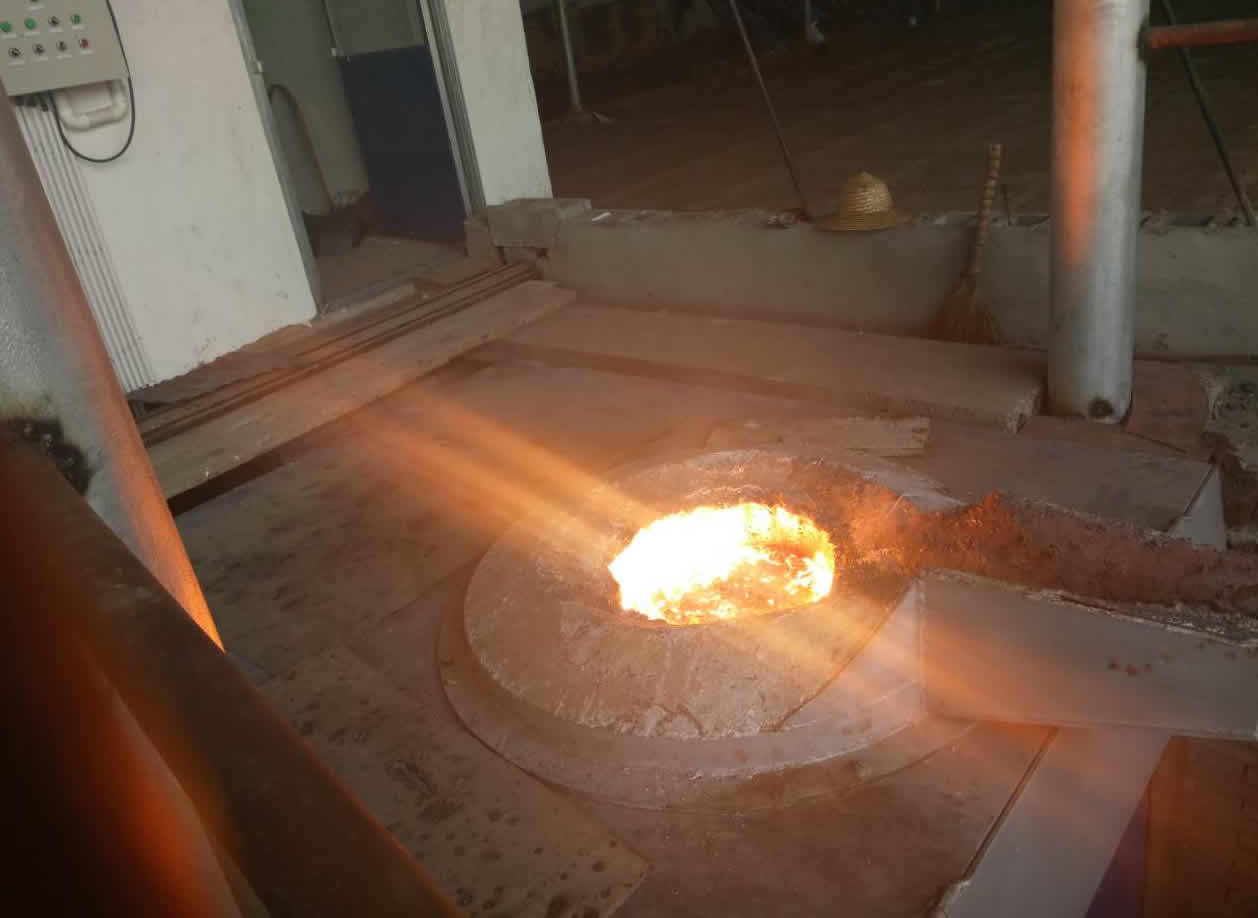
3T intermediate frequency iron melting f
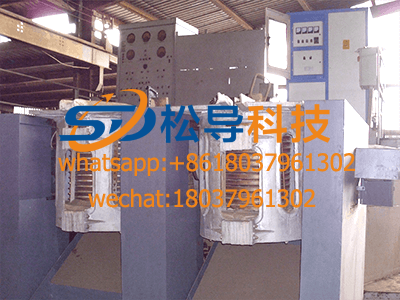
0.25T Intermediate Frequency Furnace
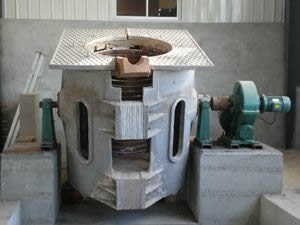
0.5T Intermediate Frequency Furnace
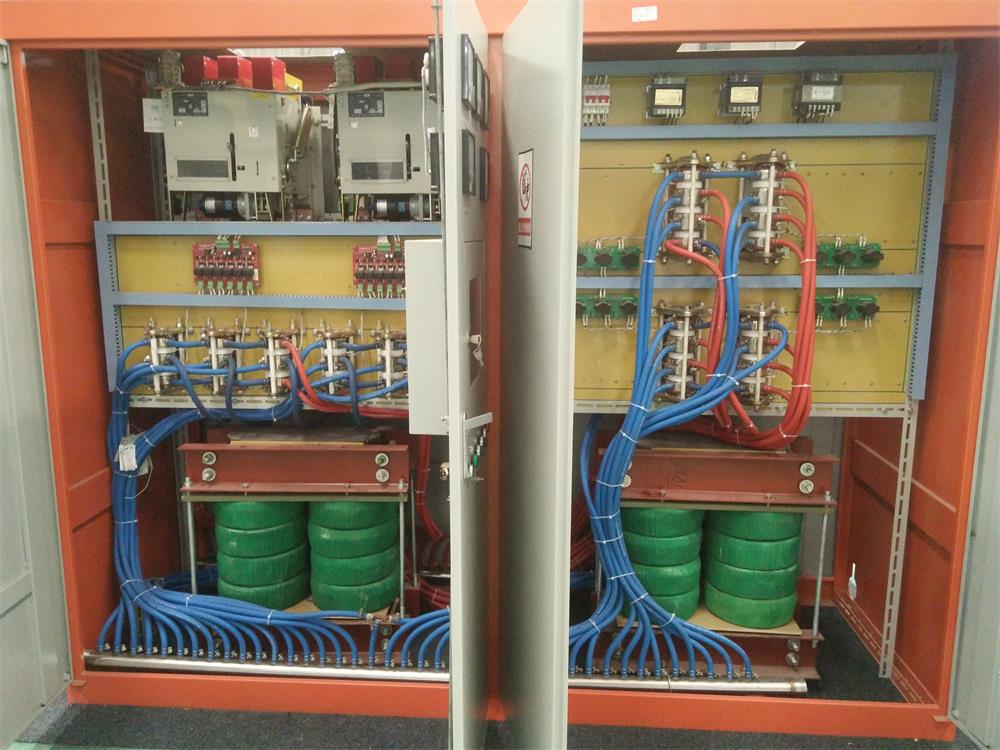
Medium Frequency Furnace

2T Induction Melting Furnace
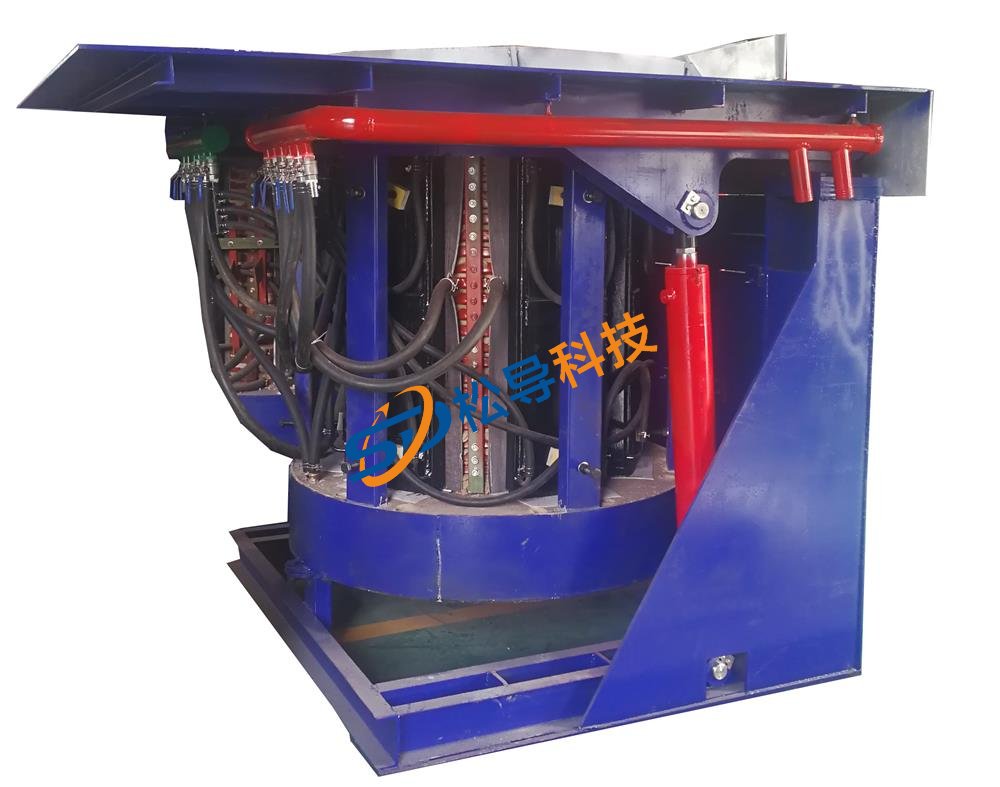
1T Induction Melting Furnace
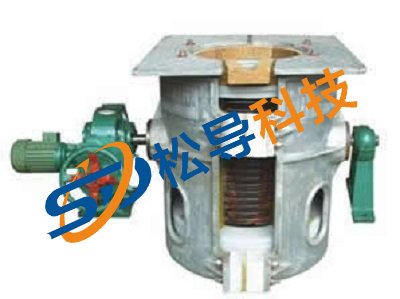
500kg Induction Melting Furnace
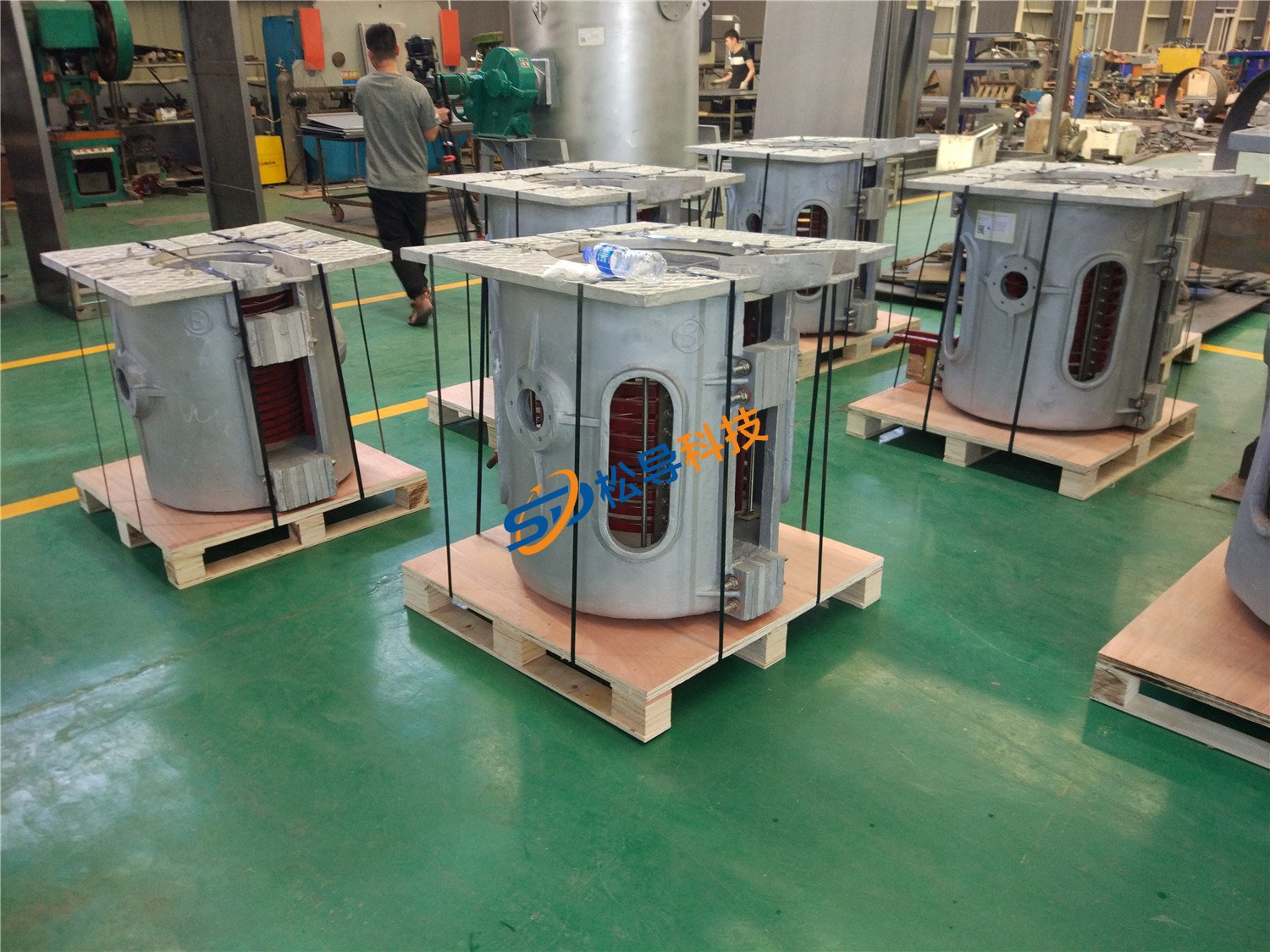
250kg Induction Melting Furnace
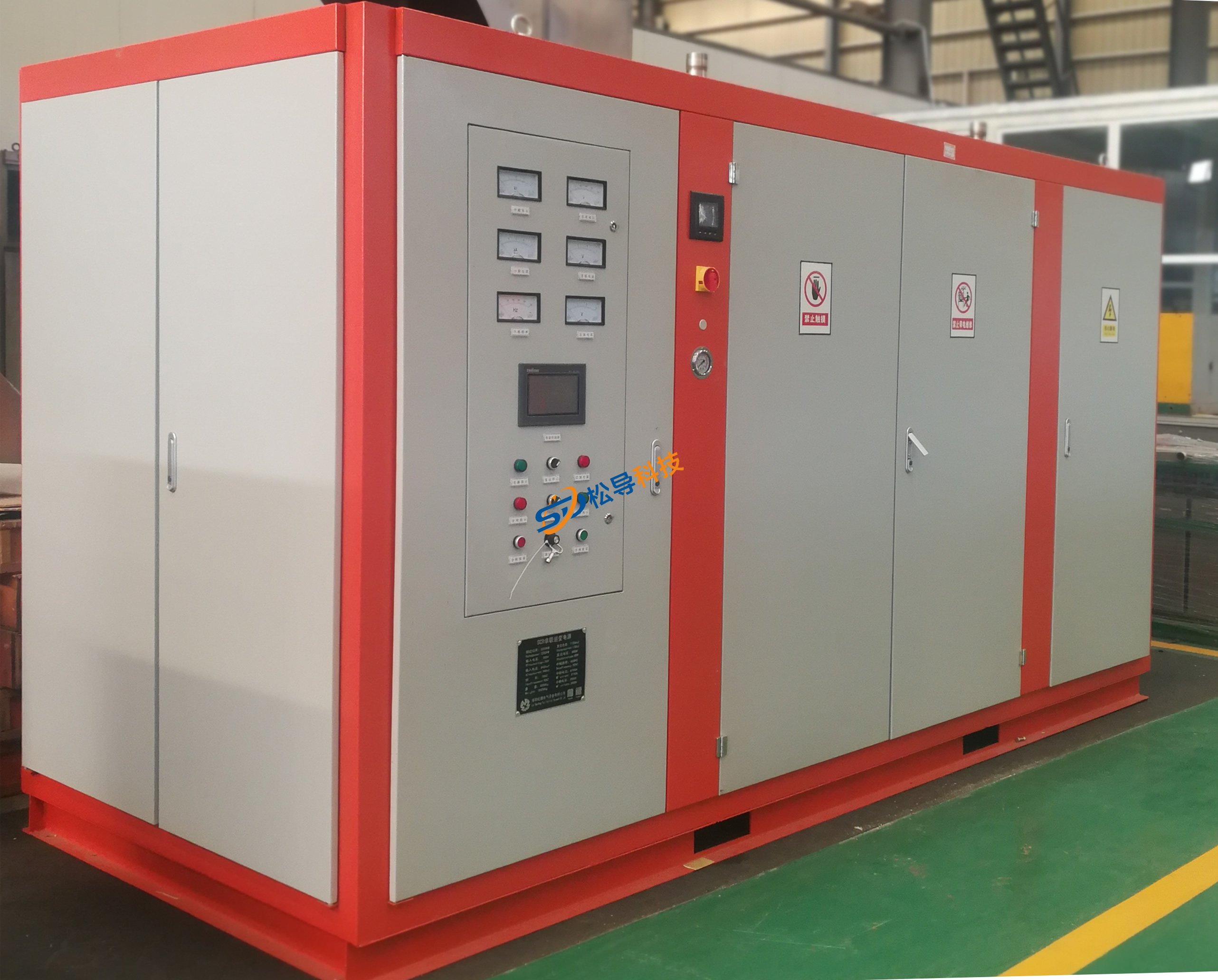
Induction Melting Furnace
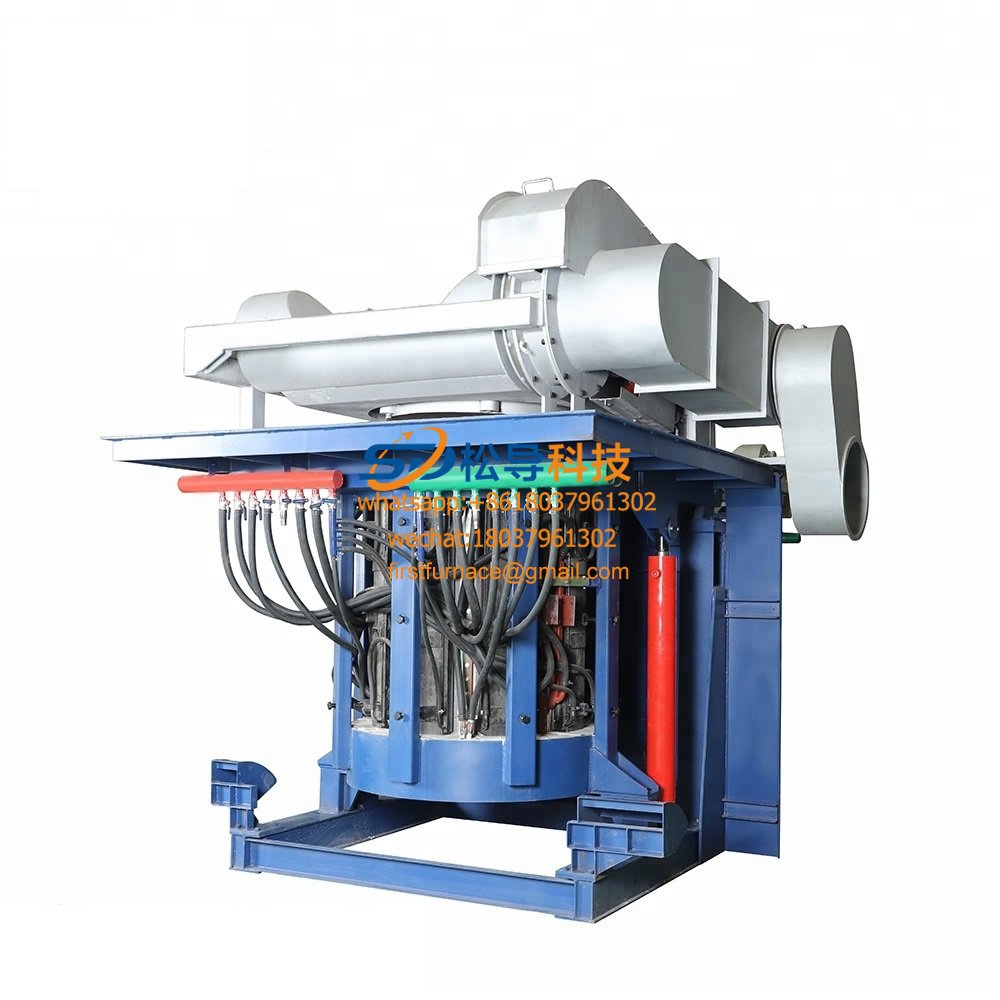
3 T Induction Melting Furnace
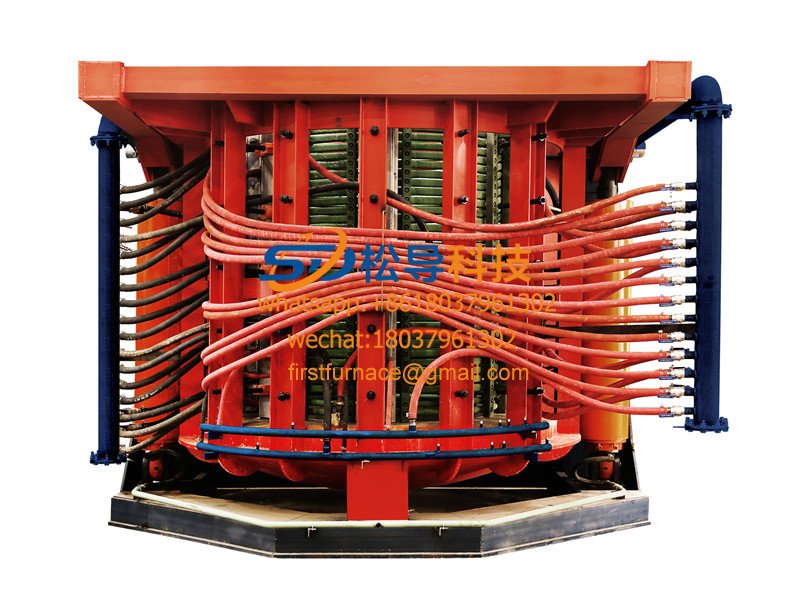
5T Induction Melting Furnace
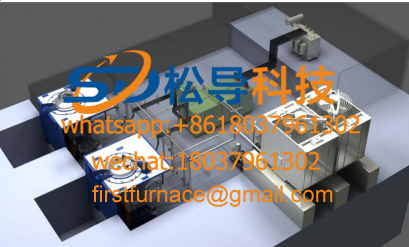
1T One Belt Two Intermediate Frequency F

5T One Belt Two Intermediate Frequency F
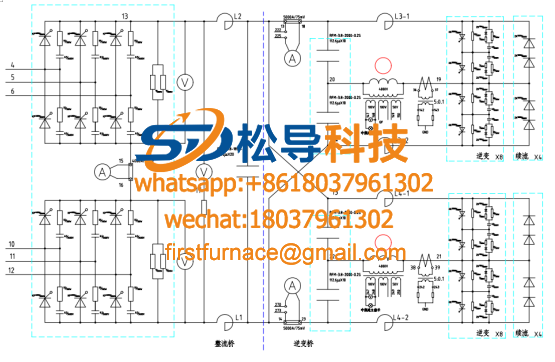
3T One Belt Two Intermediate Frequency F
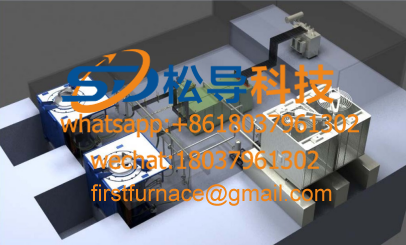
2T One Belt Two Intermediate Frequency F
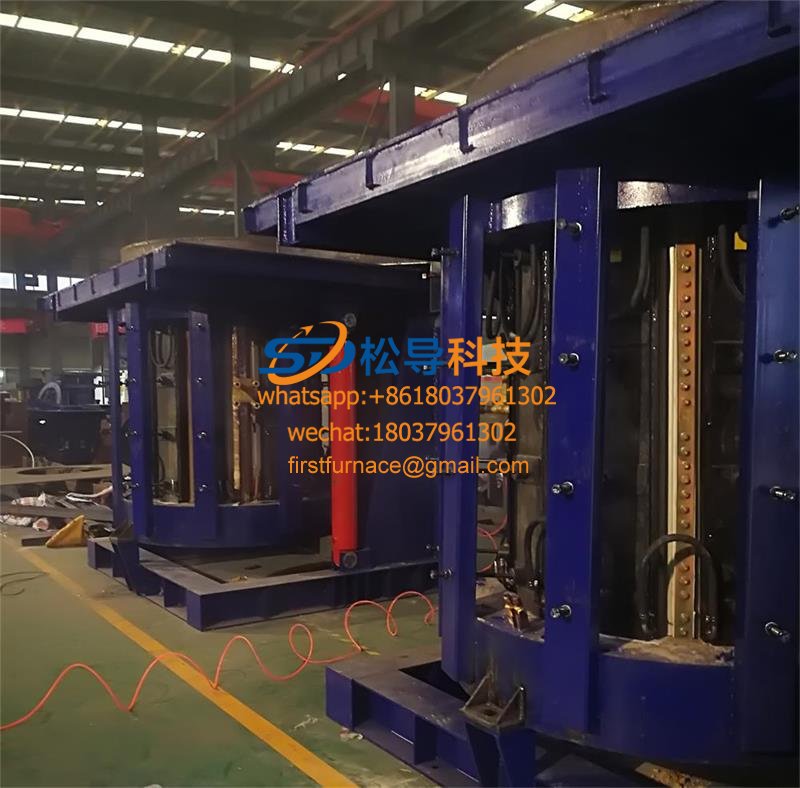
5T Parallel Intermediate Frequency Furna
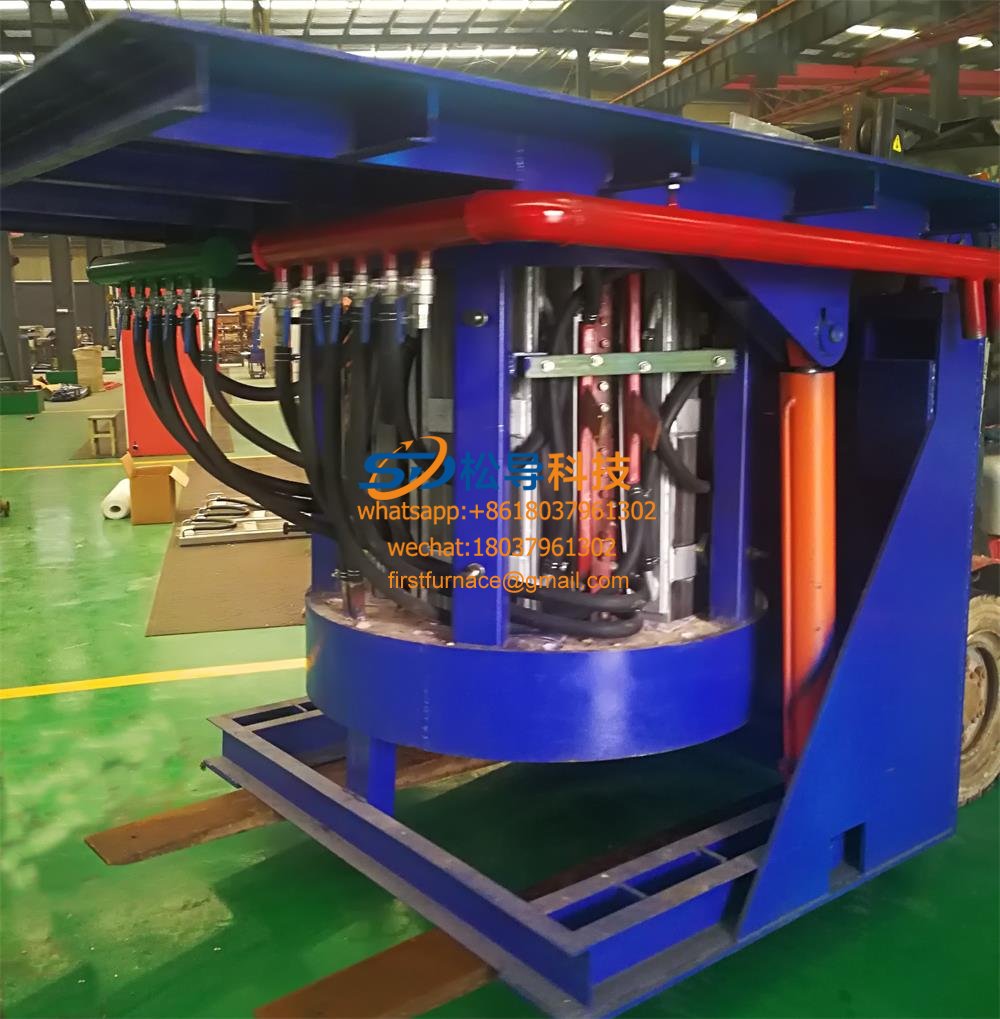
5T Intermediate Frequency Furnace

5T Series Intermediate Frequency Furnace
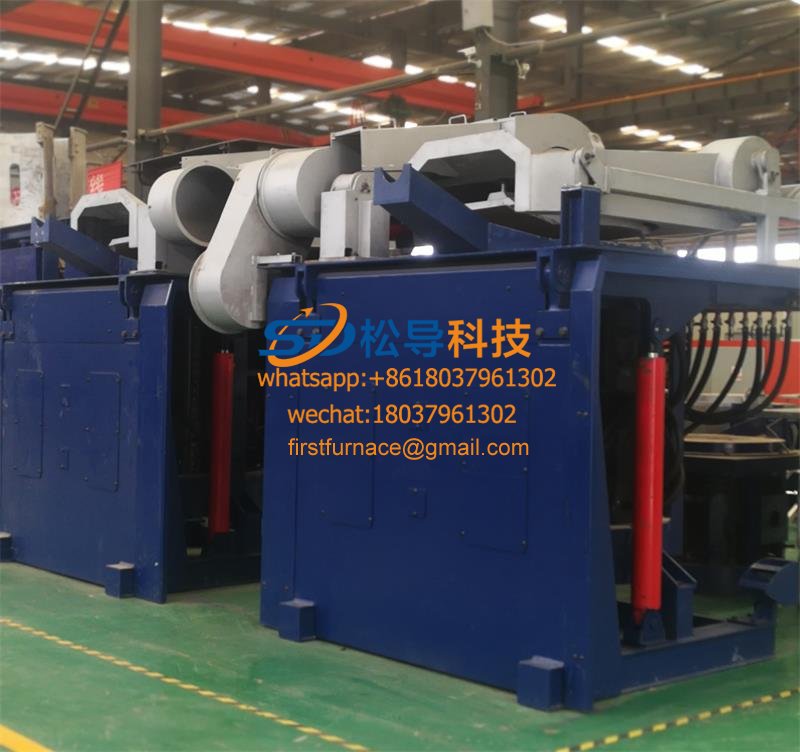
3T Series Intermediate Frequency Furnace
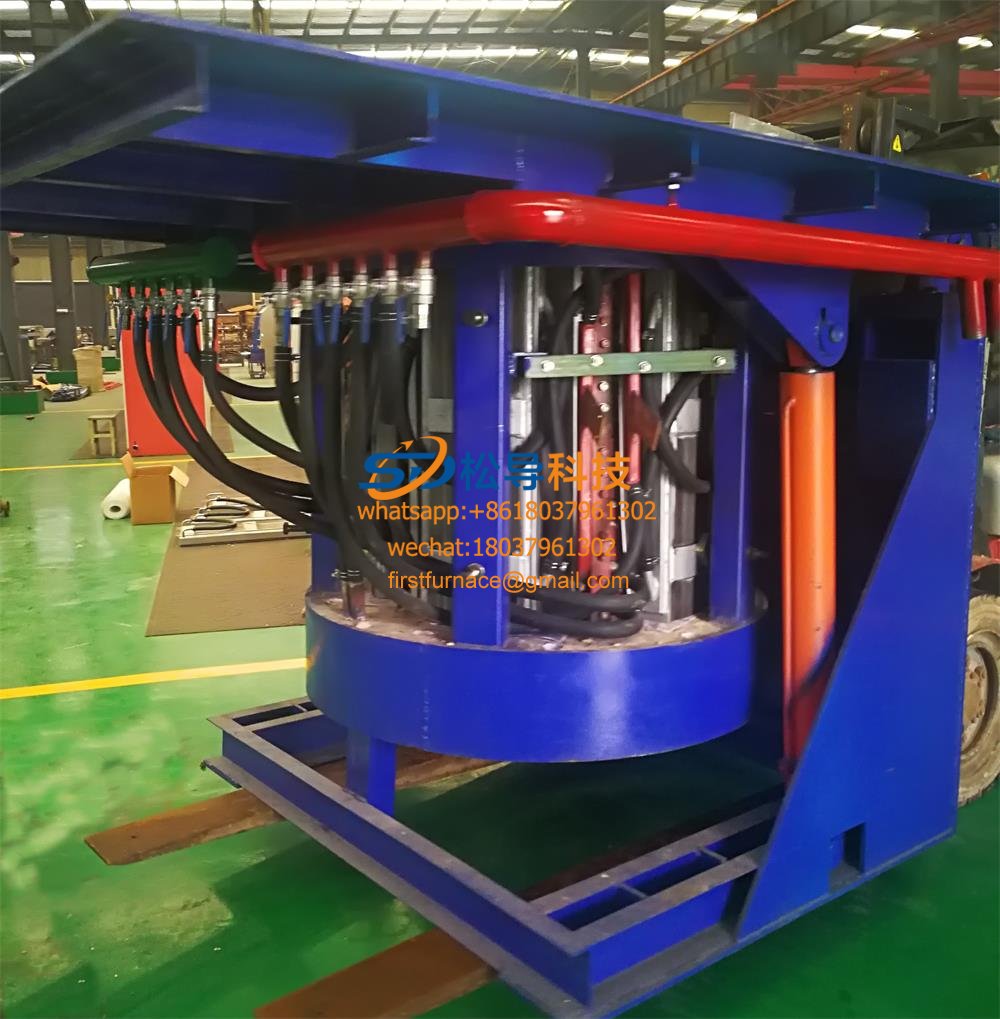
2T Series Intermediate Frequency Furnace
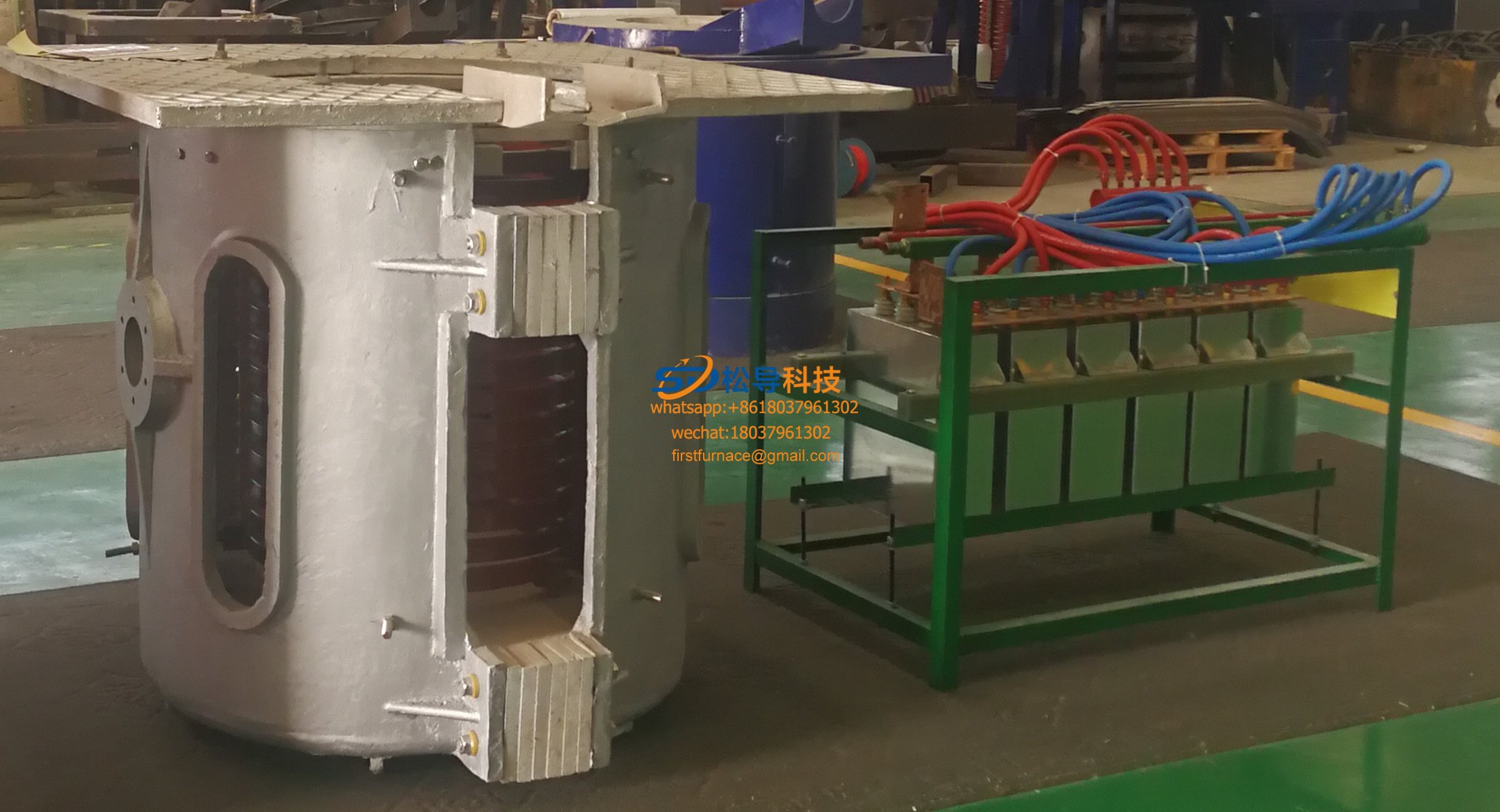
1T Series Intermediate Frequency Furnace
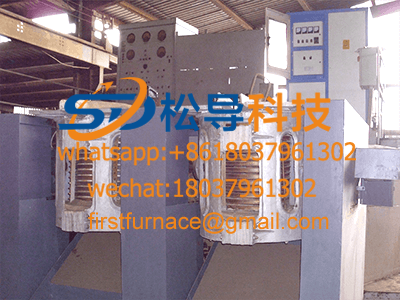
0.5T Series Intermediate Frequency Furna

0.25T Series Intermediate Frequency Furn
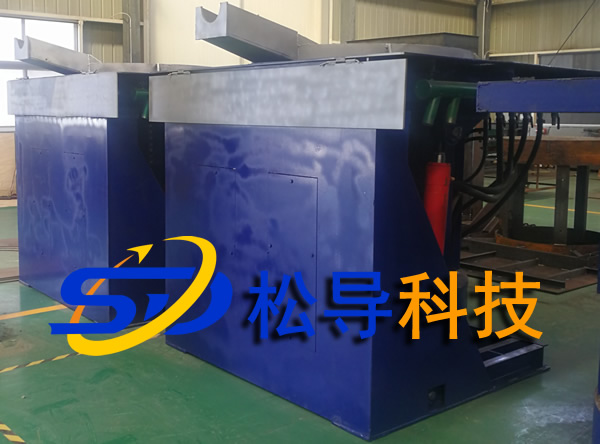
1T Parallel Intermediate Frequency Furna
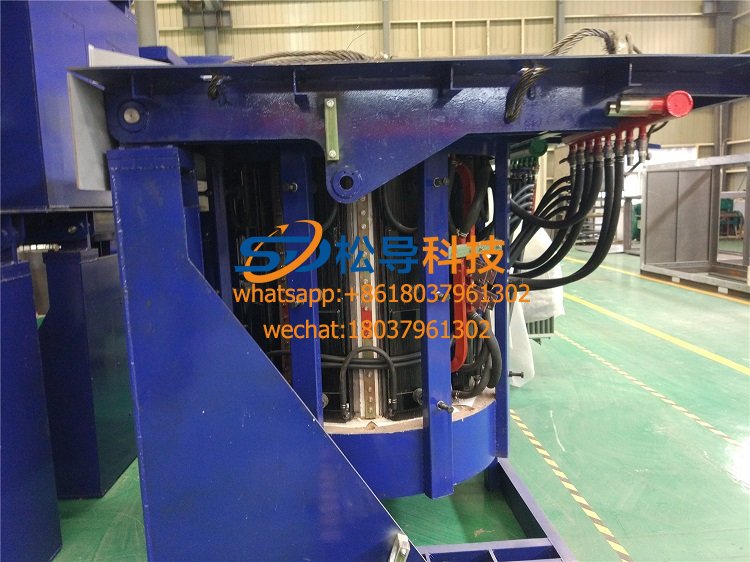
2T Parallel Intermediate Frequency Furna
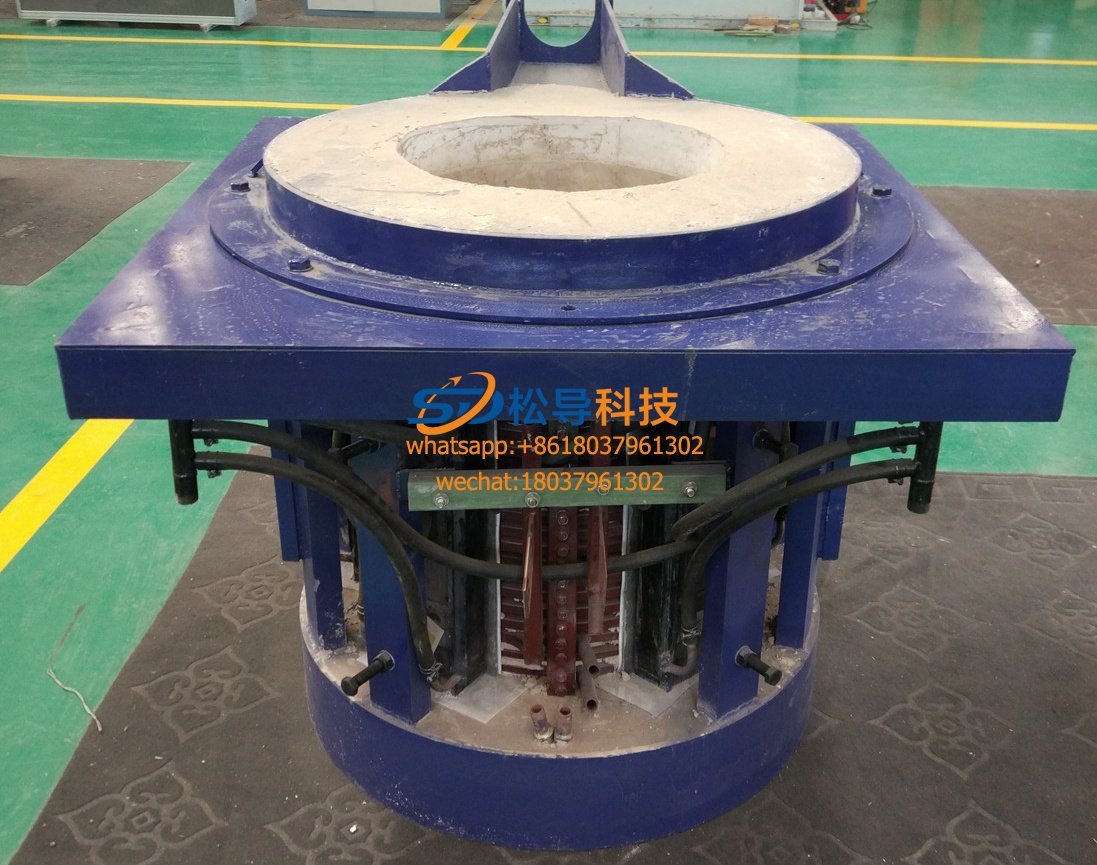
0.5T Parallel Intermediate Frequency Fur






